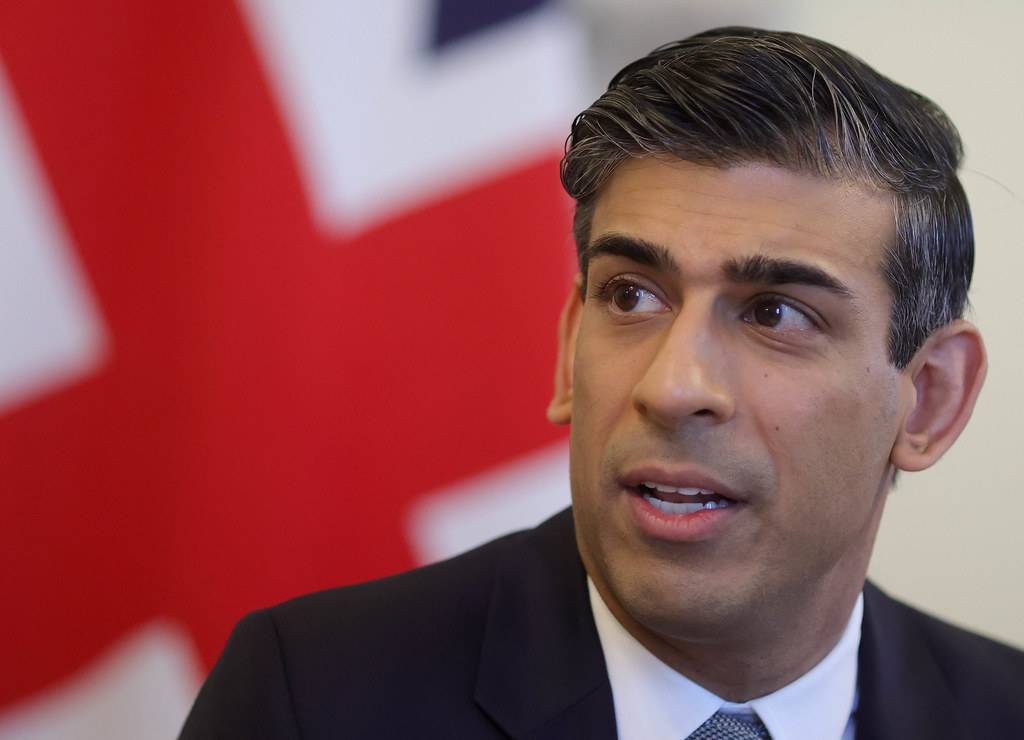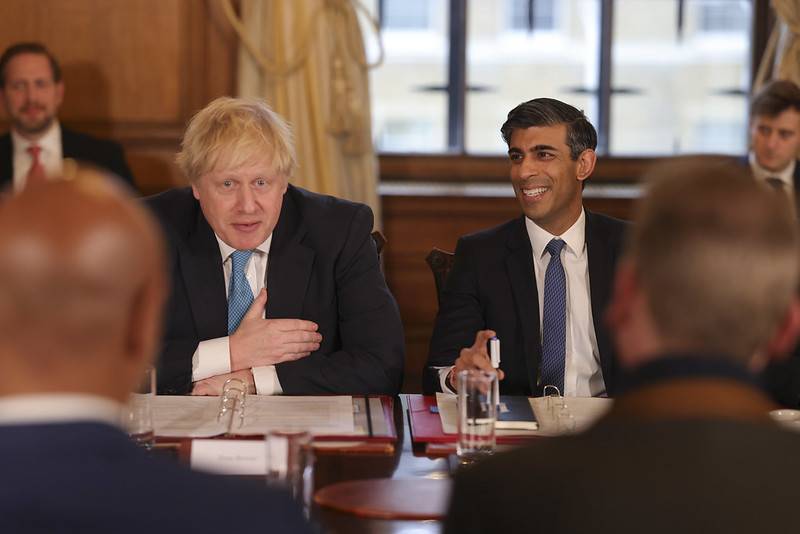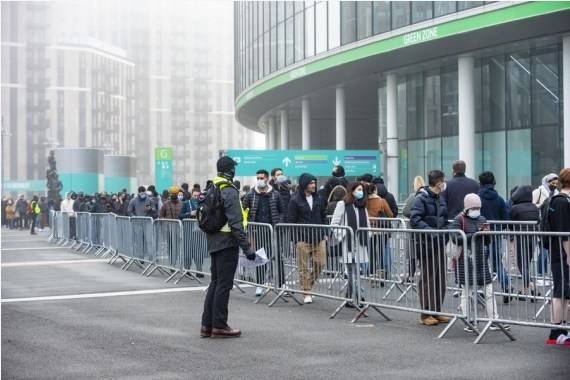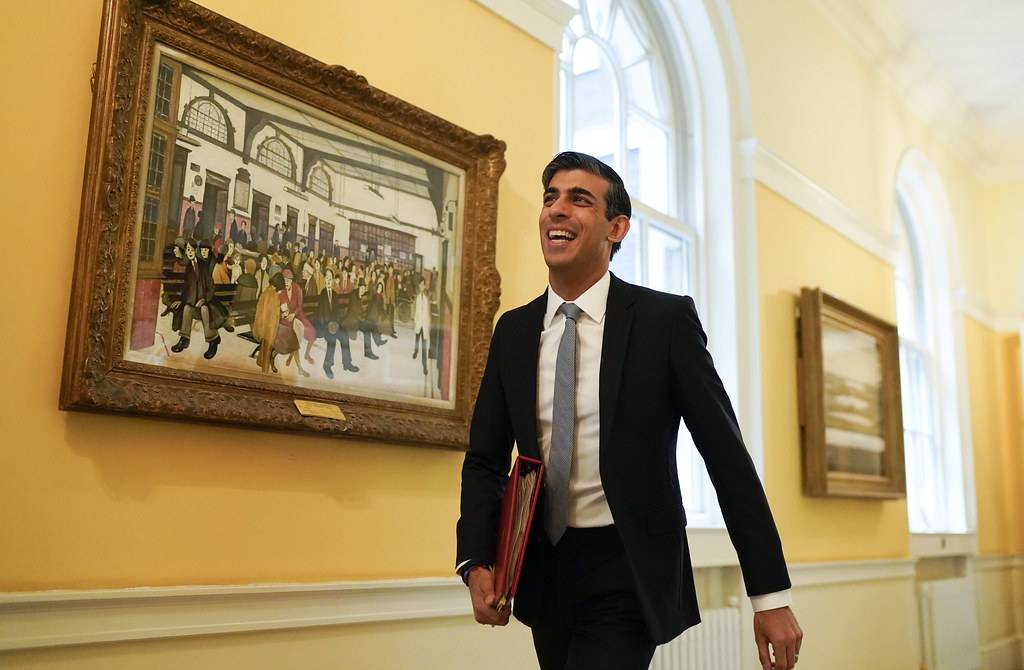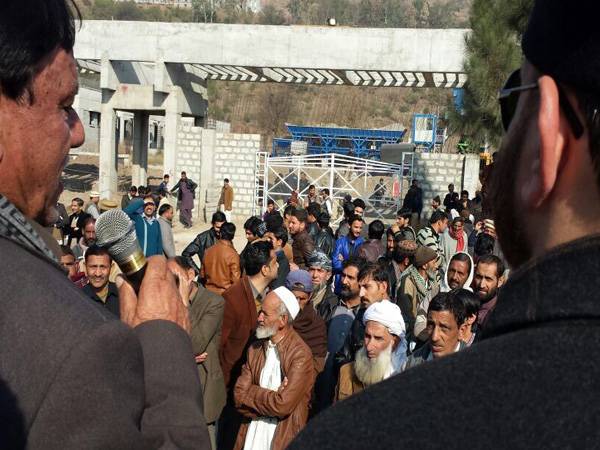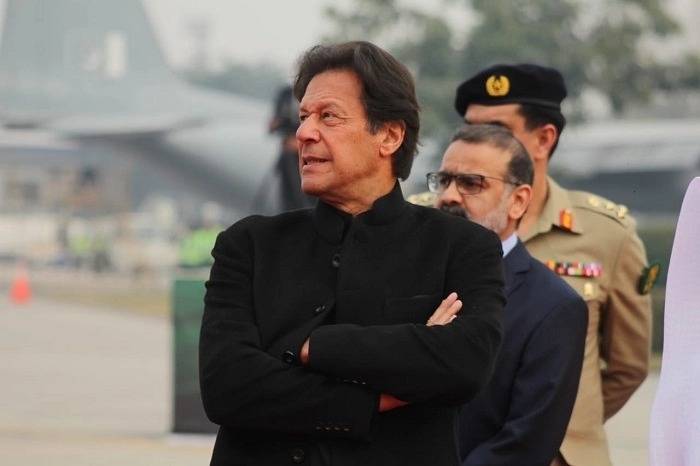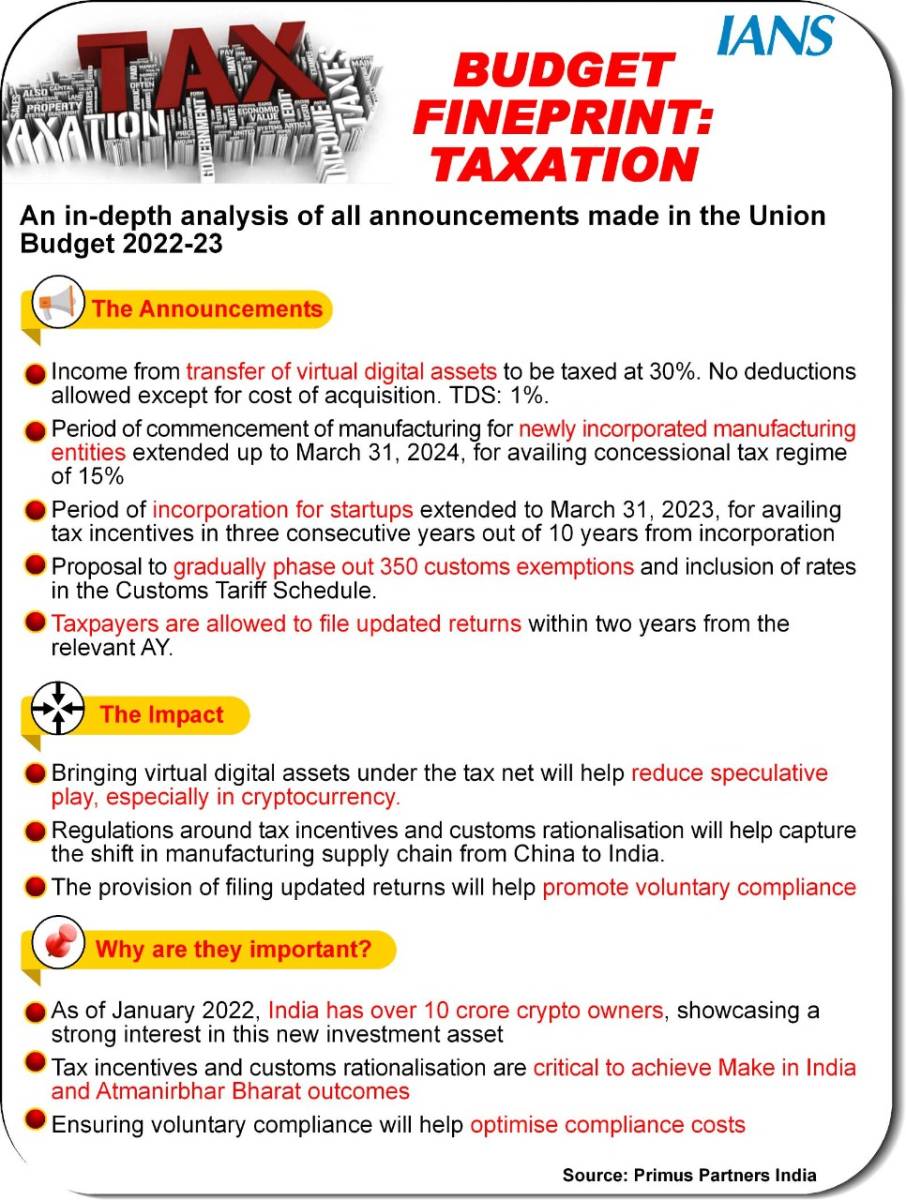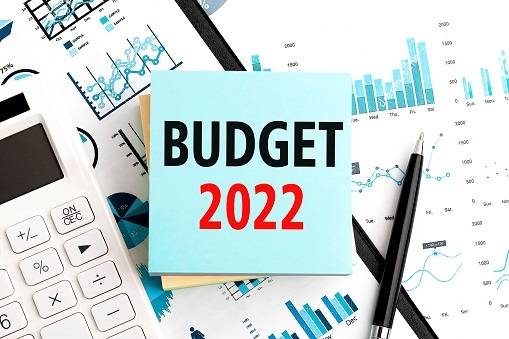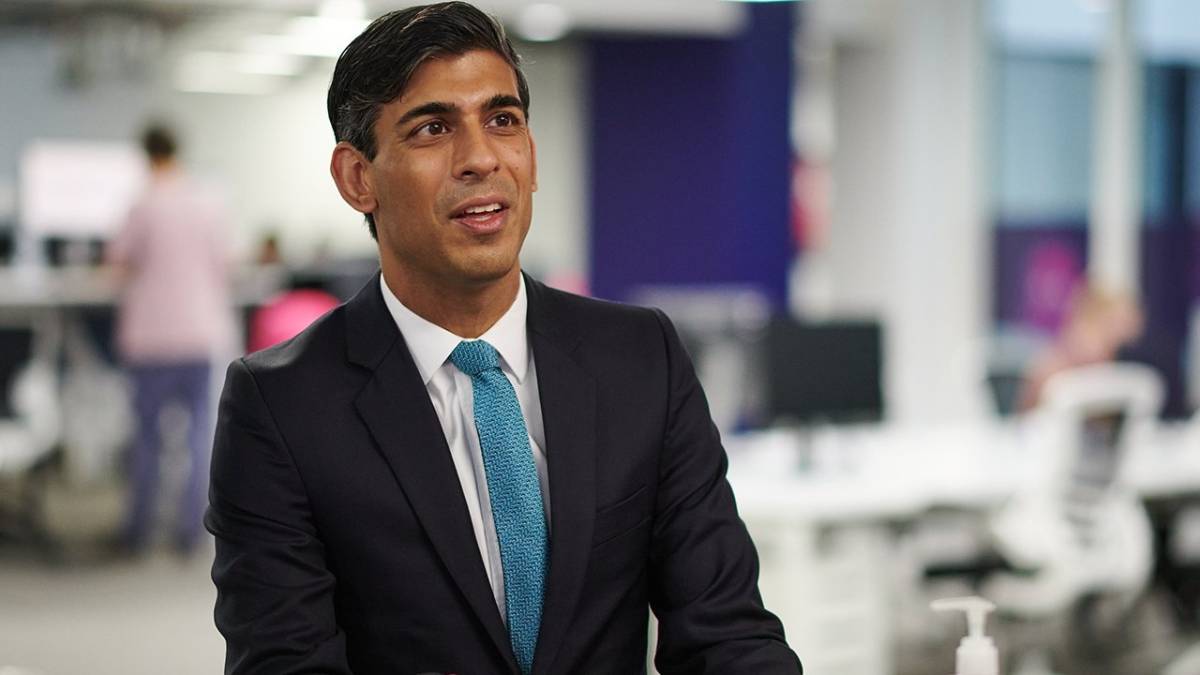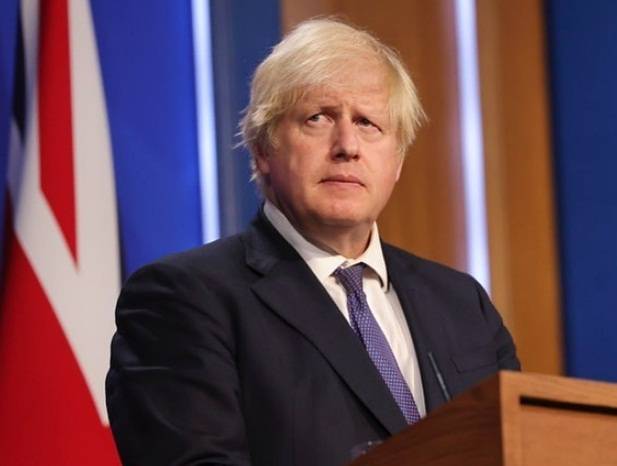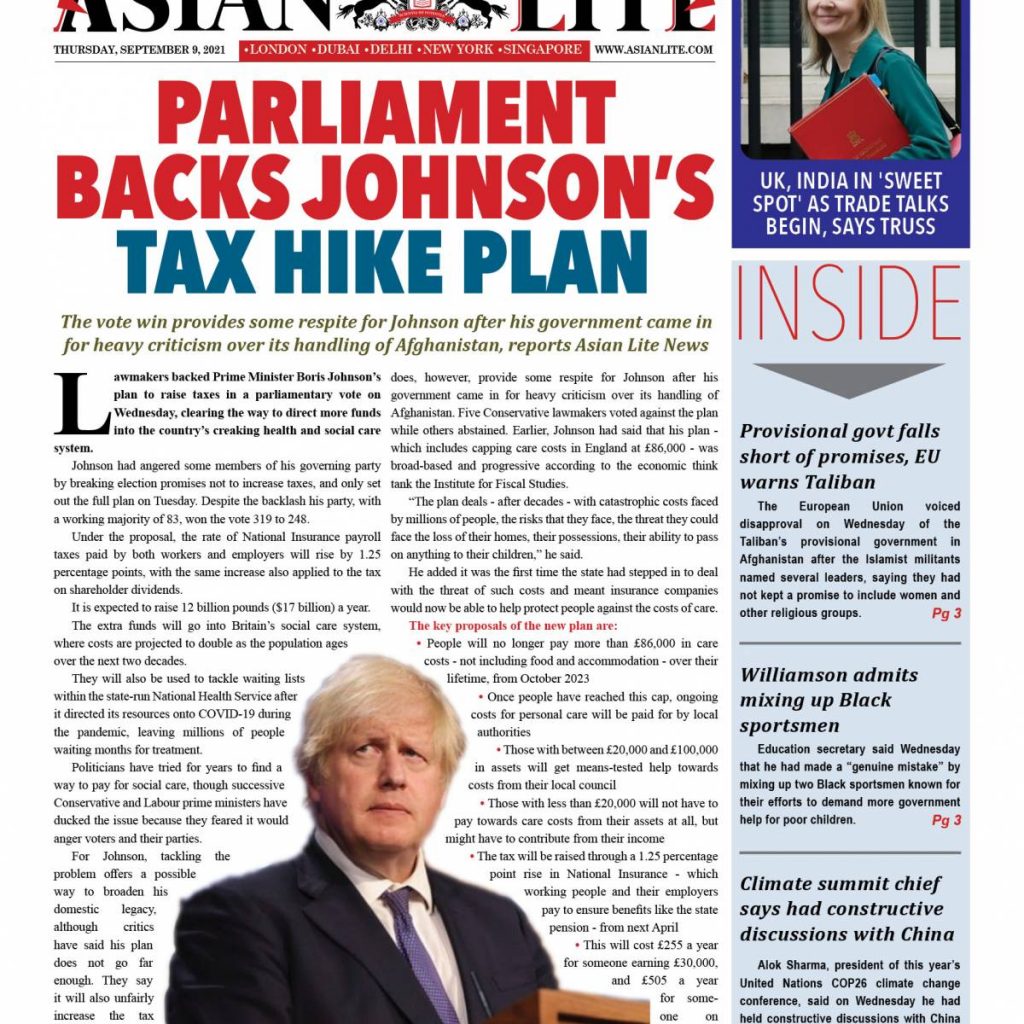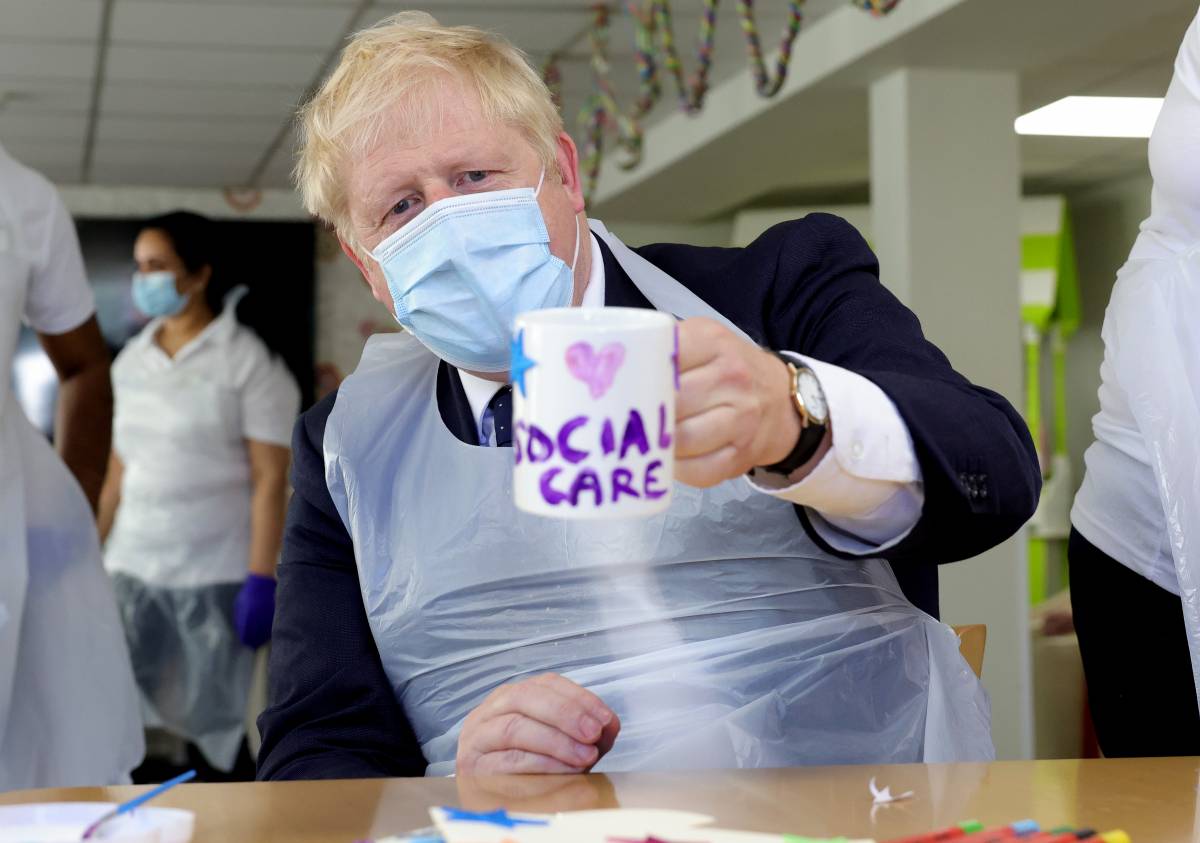Sunak said the plan would mark the biggest income tax cut since the time of Margaret Thatcher…reports Asian Lite News
Rishi Sunak, trailing in the race to become Britain’s next prime minister, has vowed to slash the basic rate of income tax by 20 per cent by 2029 in a potentially make-or-break throw of the dice by the former finance minister.
Sunak, once seen as the favourite to replace Boris Johnson when he helped to steer the economy through the ravages of the Covid-19 pandemic, has struggled against his rival, Foreign Secretary Liz Truss, who has pledged immediate tax cuts.
The bruising race between Sunak and Truss to become Britain’s next prime minister stepped up a gear on Monday (Aug 1) with the mailing out of ballots to Conservative party members.
Sunak said he remained focused on tackling inflation but once that was achieved he would follow through on an already-announced plan to take 1 pence (S$16.90) off income tax in 2024, and then take a further 3 pence off by the end of the next parliament, likely around 2029.
The two pledges would take income tax from 20p to 16p.
Sunak said the plan would mark the biggest income tax cut since the time of Margaret Thatcher.
“It is a radical vision but it is also a realistic one,” he said in a statement on Sunday (July 31).
Britain’s hunt for a new prime minister was triggered on July 7 when Johnson was forced to announce his resignation following months of scandal. Conservative lawmakers have whittled a field of candidates down to Truss and Sunak, with an announcement of the decision by party members due on Sept. 5.
With inflation surging to a 40-year high of 9.4 per cent and growth stalling, the economy dominated early stages of the contest.
Sunak, who steered the UK economy through the pandemic, said Truss’ plans were “fantasy economics” that would fuel inflation and heap further strain on public finances struggling to recover from the pandemic.
Sunak said each penny cut from the rate of income tax would cost around 6 billion pounds (S$10.1 billion) a year, a figure that he said would still allow Britain’s debt-to-GDP ratio to fall, if the economy grows in line with official forecasts.
Truss has argued that tax cuts are needed now to give the economy a shot in the arm. A recent poll by YouGov showed Truss held a 24-point lead over Sunak among Conservative Party members.
Trailing in polls with the all-important party members, Sunak last week performed a significant U-turn by announcing a plan to scrap VAT on energy bills.
He also promised grassroot Tories over the weekend that he would stop “woke nonsense” and “end the brainwashing” if he becomes prime minister, although added he has “zero interest in fighting a so-called culture war”.
The 42-year-old also unveiled plans to revive the country’s ailing town centres.
“I want to slash the number of empty shops by 2025 and make sure that they are turned into thriving local assets,” he said.
“I will also crack down on anti-social behaviour, graffiti and littering – through extended police powers and increased fines.”



